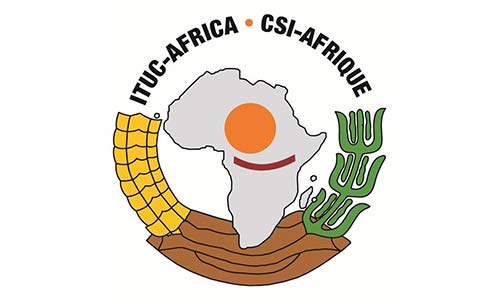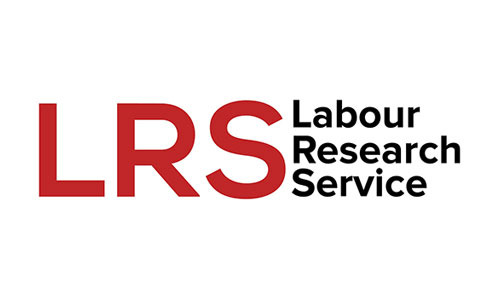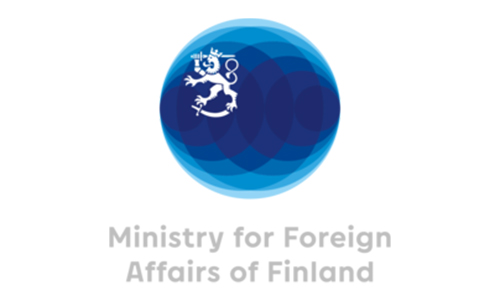The Protocol on Dispute Settlement is among the seven protocols featured in the African Continental Free Trade Area (AfCFTA) agreement. Others are trade in goods, trade in services, investment, intellectual property, competition, and e-commerce.
The Protocol on Dispute Settlement provides the rules and procedures for dispute resolution under the AfCFTA. Only State Parties will have access to the dispute settlement mechanism. They will also be allowed to file claims on behalf of private stakeholders if they can prove a violation of rights.
There are two main steps to reaching an amicable solution through the dispute settlement protocol of the AfCFTA. First, parties could participate in a confidential mediation and conciliation. Second, they could further resort to arbitration.
Rulings need to be put into effect timeously. Otherwise, temporary punitive measures kick in. These measures are in the form of compensation and the suspension of concessions.
The AfCFTA agreement in its current form does not address labour disputes.
The AfCFTA Protocol on Dispute Settlement is modelled on the World Trade Organisation’s Dispute Settlement Understanding. Writing for the African Journal of International and Comparative Law, Professor Olabisi Akinkugbe warns against the ‘transplantation of dispute settlement mechanisms’ on European or WTO models. He notes the resulting discontent and apathy when Regional Economic Communities (RECs) have modelled very legal and formal dispute settlement mechanisms. For the AfCFTA, a more suitable dispute settlement approach would consider the unique socio-economic context of the various member countries.
The Trade Union Response
What do we need to look out for, deliberate and demand?
The Protocol on Dispute Settlement within the AfCFTA is concluded. Given that the trade agreement is also silent on labour provisions, trade unions should consider the following questions while discussing suitable dispute settlement mechanisms:
- Could labour disputes be handled under the same procedures and the existing dispute settlement mechanisms? Could that contribute to labour not being viewed as a separate issue?
- Could hefty fines improve the social standards and working conditions in the problematic sectors and serve as disincentives for flouting the Decent Work Agenda?
- Should the dispute settlement model in the AfCFTA be adapted to the unique socio-economic contexts of the signatories of the agreement?
Marie Daniel
Marie Daniel is an Associate at Labour Research Service. Marie has an urban studies and development economics background and one of her research passions is organisation and participation approaches within the informal sector. She is intrigued by the manner in which participatory democracy is approached and implemented in South Africa.




